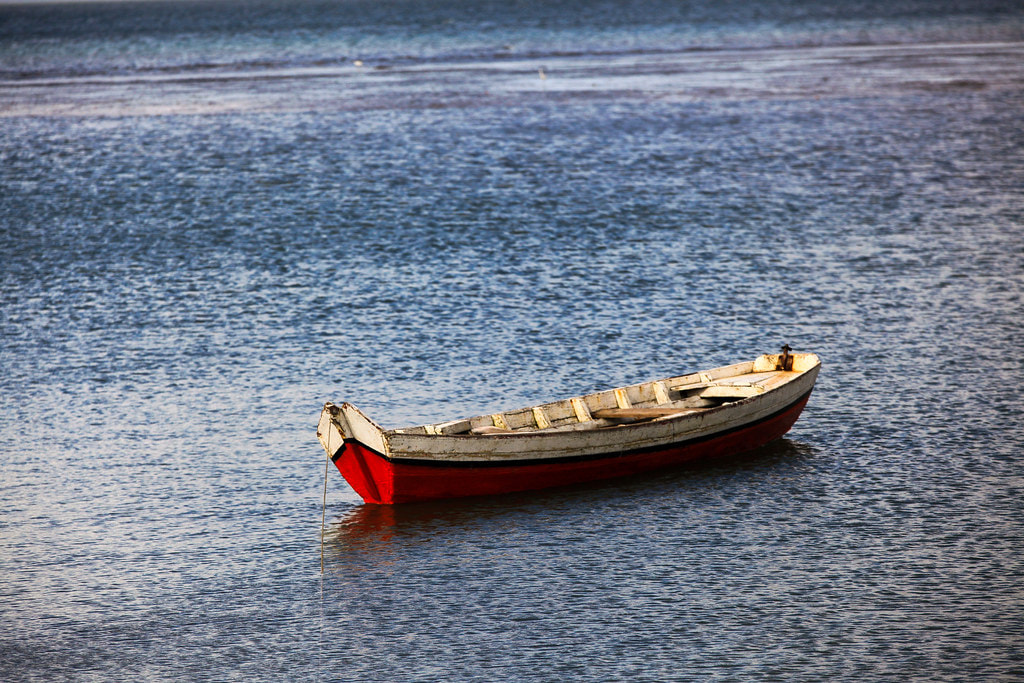Supporting Cooperation in Brazil’s Marine Extractive Reserves

Small-scale fisheries are an integral part of coastal economies, cultures, and ecosystems. Brazil’s extractive reserve system was originally created to protect the livelihoods of indigenous peoples in the Amazon rainforest but has since been expanded to marine environments to preserve the livelihoods and cultures of coastal fishing communities. The reserve system offers promise of sustainable resource use, but these marine extractive reserves (MERs) are largely understudied and the current governance may not provide sufficient conditions for successful co-management. Brazil’s communities are unique, however the challenges facing these reserves are shared with other rights-based fisheries. Leaders of similar reserves around the world have developed creative solutions that adapt to suboptimal conditions. As such, shared learning between communities has the potential to catalyze positive change in Brazil. To facilitate this transfer of knowledge, our project worked with World Wildlife Fund Brazil to distill a literature review and interviews with global small-scale fishery experts into a decision-making guide for managers. Additionally, to understand how the coronavirus pandemic has impacted Brazil’s MERs, we created, administered, and analyzed results for a survey investigating COVID’s impact. We aim to provide Brazil’s fishing communities access to vetted management recommendations that could help them identify and achieve goals within their communities.
Acknowledgements
Juan Carlos Villaseñor-Dérbez, PhD Candidate, Bren School
Gavin McDonald, Project Researcher, Sustainable Fisheries Group
Rocky Tirona Sanchez, Senior Director, Rare Philippines
Leticia Braga, Special Project Associate, WWF Brazil